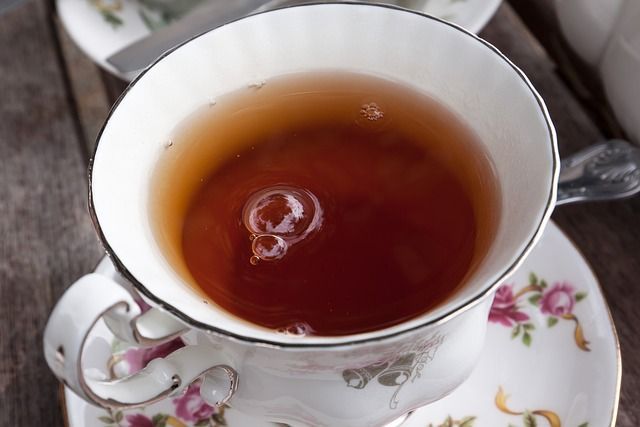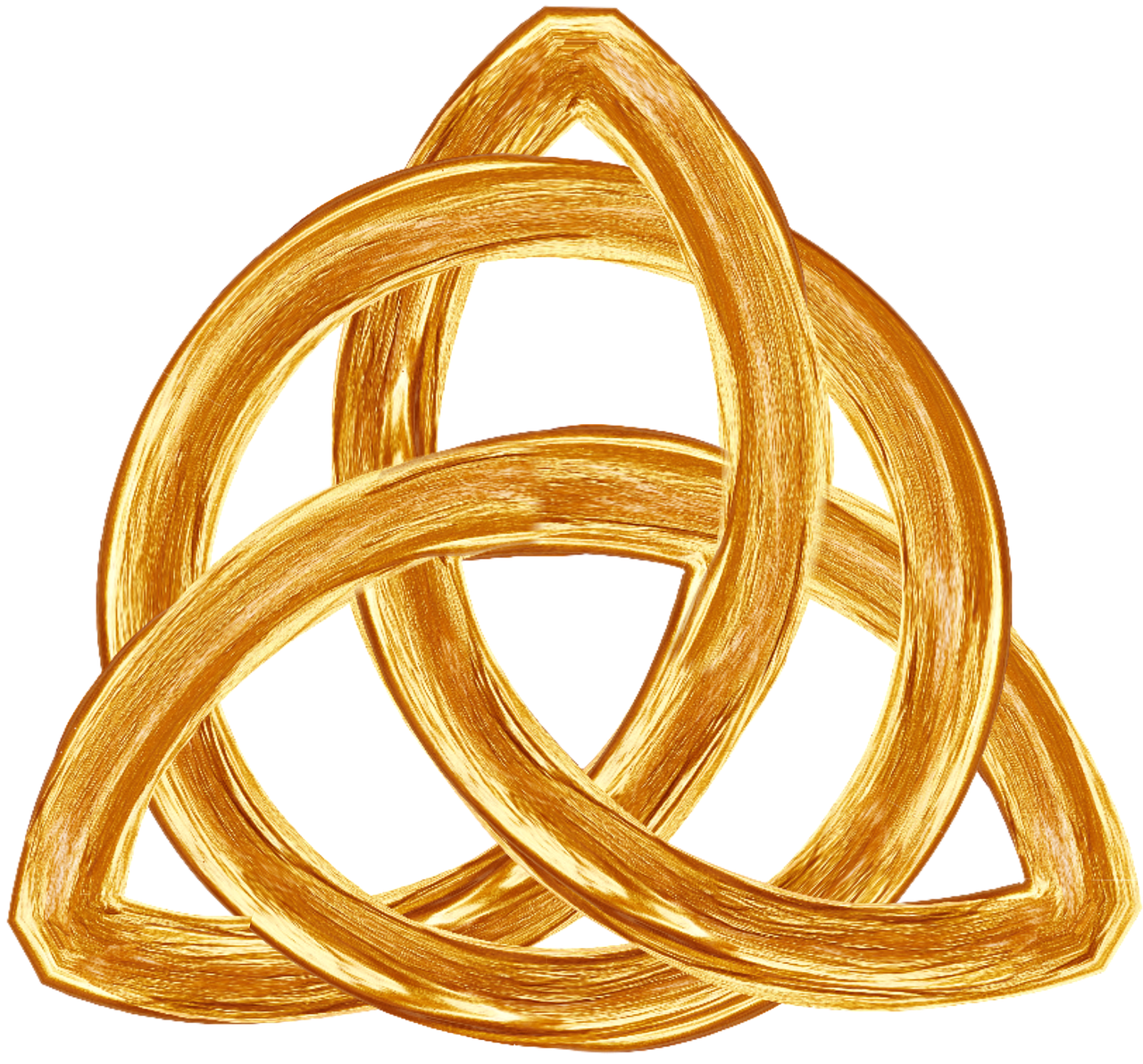Dispatch #3: Meditation on Teacups

Teacups don’t stack very well. It’s something I notice every time I unload the dishwasher. It always feels as though they occupy all the available space plus one cup. They are round, wide and fit badly in rectangular cupboards. Very irritating. But their circular character seems appropriate to their nature. As we discussed, a circle is a mandala. It symbolizes wholeness, unity and perfection. Whether it’s a full-blown Japanese tea ceremony or the stereotypical British offer of tea whenever someone is upset, tea symbolizes being, not doing. It’s a moment for slowing down, and existing (for a moment) without reference to your to-do list.
Coffee, on the other hand, is a classic symbol of America’s turbocharged version of the Protestant work ethic. If you do not need caffeine in order to get through your day, you are not doing your job well enough. You actually slept enough that you don’t need caffeine to keep you awake? Slacker! You will be cast into the outer darkness where there is weeping and wailing and gnashing of teeth. Coffee definitely symbolizes doing over being.
Since I’m coming from a place of near burnout, coffee currently feels like the “enemy,” but if it’s an enemy, it’s one I created for myself. Trying to meet or exceed everyone’s benchmarks plus my own left me nervy, depressed, anxious and living off a diet of skittles and Cheez-its. That’s no one’s idea of the good life! So I’m going back to my basic assumptions. What is the good life? How do I avoid the spiral of adding one habit or project after another until I crash and burn?
Focus! Yes, of course. But how do you decide what you focus on? Priorities! Yes, that’s what I’m saying. How do you replace everyone else’s idea of what you should want with your own? Goals! Yup. Trust me. I’ve got them. Lots of them. I snack on self-help literature and get so worked up about reaching the next goal that I don’t stop to acknowledge it when I complete the current one. But are they the right ones? How do you know? What’s the appropriate process? And when, in all this doing, do I actually start living? And how is that defined? And how do you know when to say yes or no without relying on common consensus?
This is a familiar mental rant. At this point in the process, I generally stop, take a deep breath and say, “it can’t be this hard.” Actually, now that I’ve read my previous post, it can be. This is part of the process of learning who and what you are—choosing who and what you aren’t.



The author of this blog is an Anglican millenial who loves tea, the great books, depth psychology and nutrition.
Contact Us
All Rights Reserved | Powered By Snapps
